The first step towards fighting climate change is: Recognition
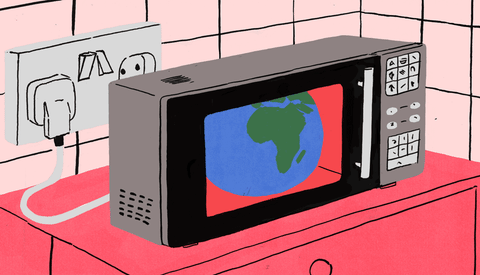
Before we can act on the effects of climate change, we need to recognize them first, argues meteorologist Jesper Theilgaard. He’s been invited to CBS on February 14 by a group of students to talk about how we can help the climate in our day-to-day lives. Students can also get inspiration and input on how to tackle the issue through a series of five workshops.
“Recognition.”
The one-word answer comes from meteorologist Jesper Theilgaard when CBS WIRE asked what he thinks the greatest barrier is when it comes to acting on climate change.
He elaborates:
“It’s my experience that when people recognize the problems our climate is facing, they want to make a difference. Whether they have the will is something else. But recognition is the first hurdle.”
A group of students and teachers from CBS have invited Jesper Theilgaard to talk about climate change on February 14 and what can be done about it. His talk is the headliner at an event aimed at students who want to know more about what they can do as individuals, and how they can incorporate the topics related to climate into their studies and assignments.
You actually have the power to inspire and enlighten other people about this issue, and with limited resources
Liv Nygaard Magnussen
“Students at CBS know about climate change, but they may not know what they can do about it or how to incorporate the topic into their studies. Jesper Theilgaard will verify what’s going on, and through a series of workshops, we want to inspire and give students input on how they can, for example, write about climate change in an assignment,” says Johannes Bruun Andersen, who studies HA Fil. and is part of the organizing team for the event and continues:
“When you do a university degree, you can end up in a leading position somewhere, and it’s important that we’re able to make decisions on behalf of the climate,” he says.
Liv Nygaard Magnussen, who studies HA Pro. and is on her fourth semester at CBS, is also part of the organizing team and explains further about the workshops:
“Students can get inspiration about which sustainable companies they should talk to, and who to turn to at CBS if they want to investigate this topic further,” she says.
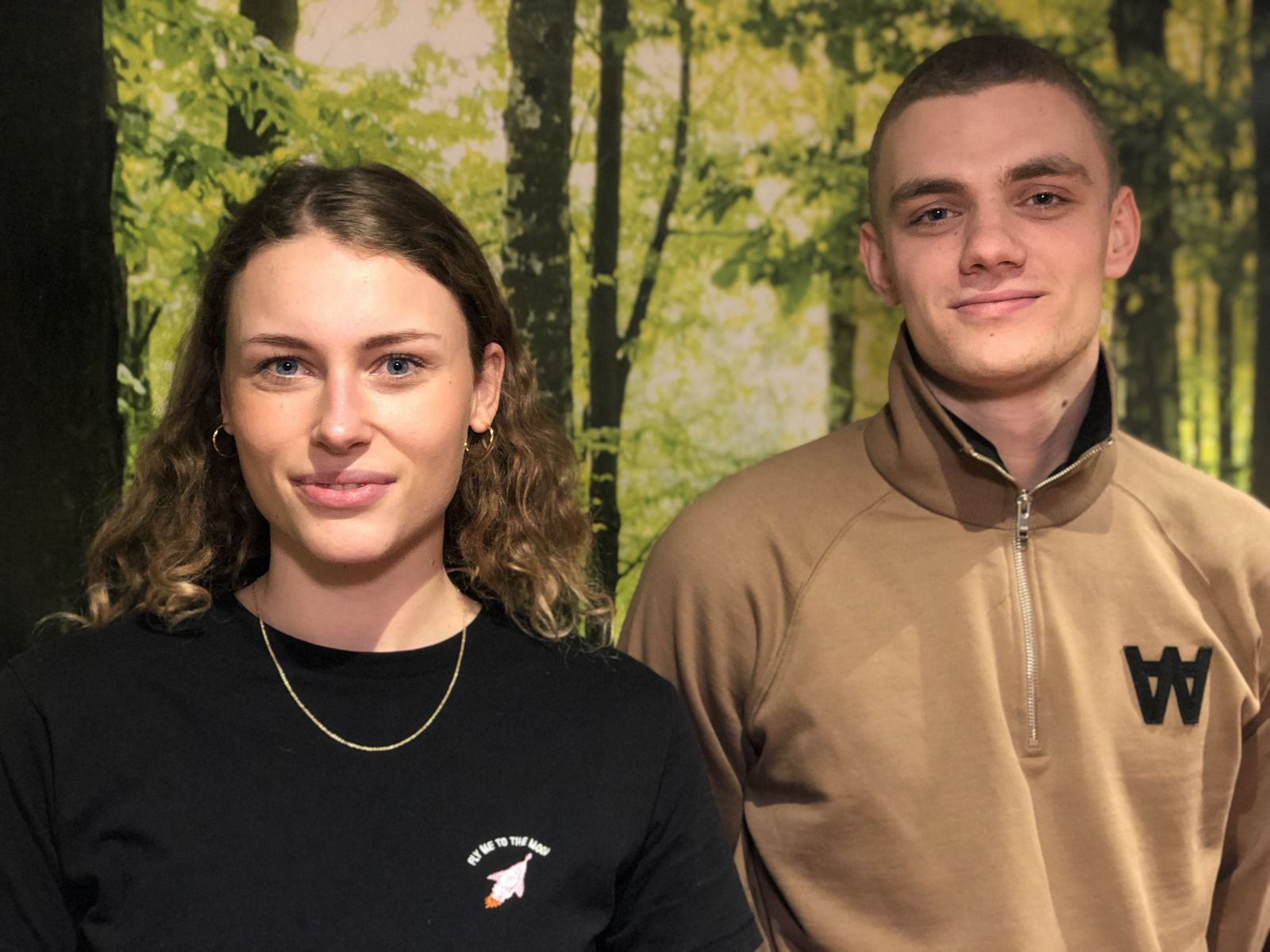
Students are the generation that leads the change
Jesper Theilgaard explains on the phone that students and the younger generation especially are the ones that we’re relying on when it comes to making the actual changes needed to stop climate change.
“Students at higher education institutions and even high school students know about the issues and are changing their behavior. They change their diet, shop second-hand and are engaged in the circular economy. It’s part of that generation’s way of thinking,” he says.
One might think that it should be up to those studying more technical programs to come up with solutions on how to limit our CO2 emissions. However, companies need to change and incorporate sustainable goals too. And this is what CBS students can help out with, points out Jesper Theilgaard.
“More and more companies are adopting the UN’s Sustainable Development Goals, but it’s not enough to just have them listed on a website. Companies must show what they want to do about them, and that’s quite a task. But I think CBS students can help out with this,” he says.
Recently, 1,300 students from primary schools and universities from ‘Den Grønne Studenterbevægelse’ movement held a nationwide demonstration for more action on finding political solutions to climate change. And according to Jesper Theilgaard, schools and universities are perfect places for fostering demonstrations – even revolutions.
I’ve bought a Thermos jug so I don’t have to get a cardboard cup from the canteen
Johannes Bruun Andersen
“Universities in particular are historical hotbeds for great revolutions and demonstrations, as you have a lot of people from the same generation assembled in one place. And that’s what we’re seeing. Groups of students who don’t agree with the current state of affairs, so they’re demonstrating and this has spread to more groups of students,” he says.
Vacation does not equal bounty beaches
Liv Nygaard Magnussen and Johannes Bruun Andersen have also had to recognize the impact on their way of life. This has resulted in concrete initiatives.
“I’ve bought a Thermos jug so I don’t have to get a cardboard cup from the canteen. I also bring my own lunch instead of buying a pasta salad in a plastic container,” says Johannes Bruun Andersen. He adds that the mindset is spreading, as he’s noticed that a friend now always asks for a plate for her cookie instead of putting it in a paper bag.
Liv Nygaard Magnussen too thinks about how she can make a difference through her own actions. But one thing is especially difficult to change.
“It’s tough to let go of traveling. It’s what I spend my money on. But I cycle everywhere, and I’m thinking about doing a cycling holiday in Denmark,” she says.
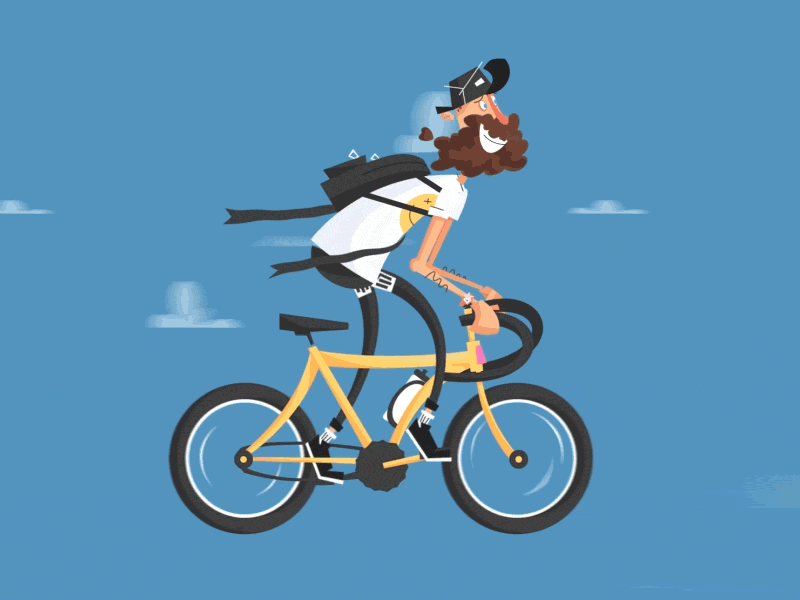
Johannes Bruun Andersen agrees.
“I think we have to rethink the word vacation. Does vacation always have to equal a bounty beach somewhere far away? I think not.”
Jesper Theilgaard argues that we aren’t going to get rid of flying, but there are still ways we can improve how we get around.
“Going on vacation is important to our mental health. We have to explore new things and get new input from other cultures, and to get that we need to travel. And let’s face it; we won’t get rid of flying. But we can introduce a fee that can be used to research alternative fuels. This is the type of change we can make, and it’ll make a difference,” he says.
A collective effort
Liv Nygaard Magnussen points out that she sometimes feels powerless. That what she does doesn’t really matter. But then she reminds herself that she, along with a small group of students and researchers, made this event happen.
“You actually have the power to inspire and enlighten other people about this issue, and with limited resources. So it’s helping, and it’s getting better,” she says.
Jesper Theilgaard explains that it’s important that these issues are dealt with collectively. No one can be a freeloader.
“If only one person cares and changes their way of life, it doesn’t matter. They’ll just have a clear conscience. It has do be done collectively; it’s shared work that we need to do. No one can be a freeloader, and that’s important,” he says.



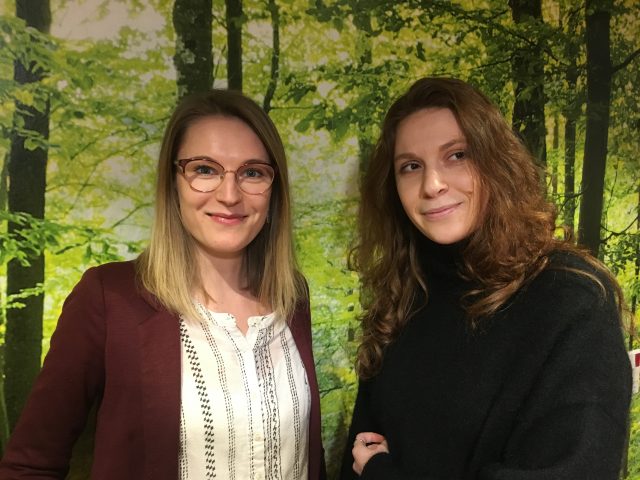
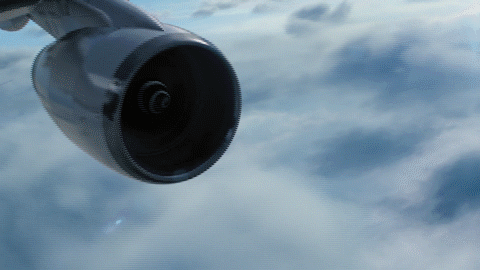
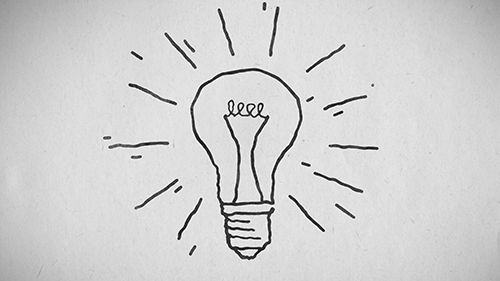
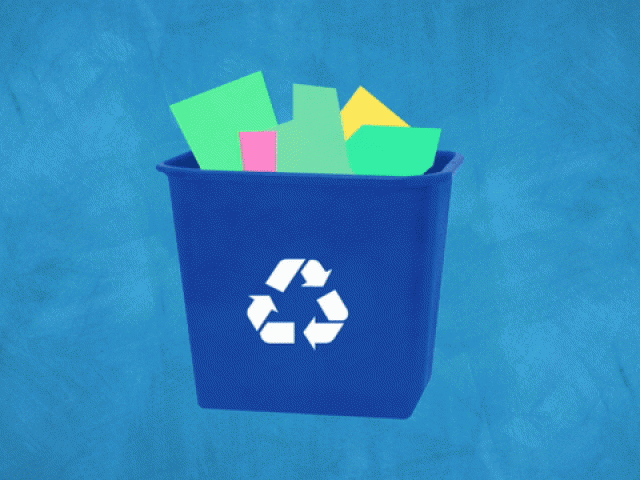
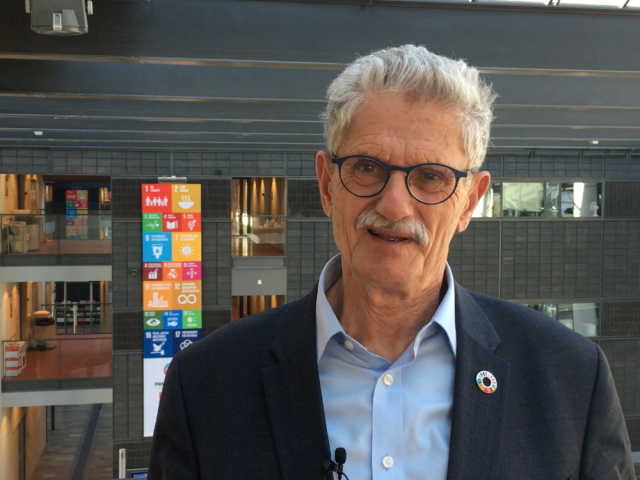
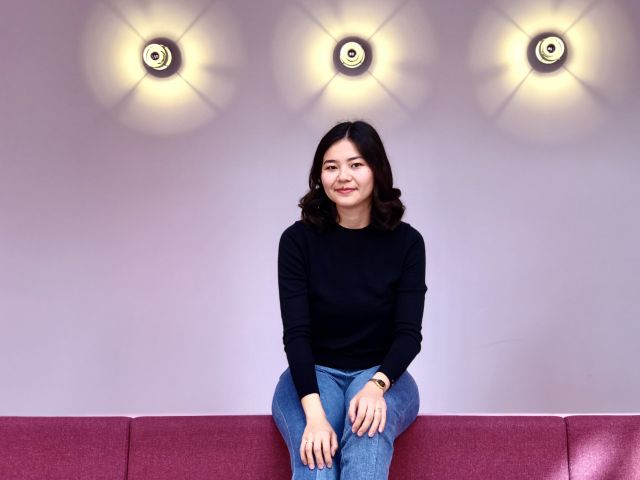





























































































































Comments